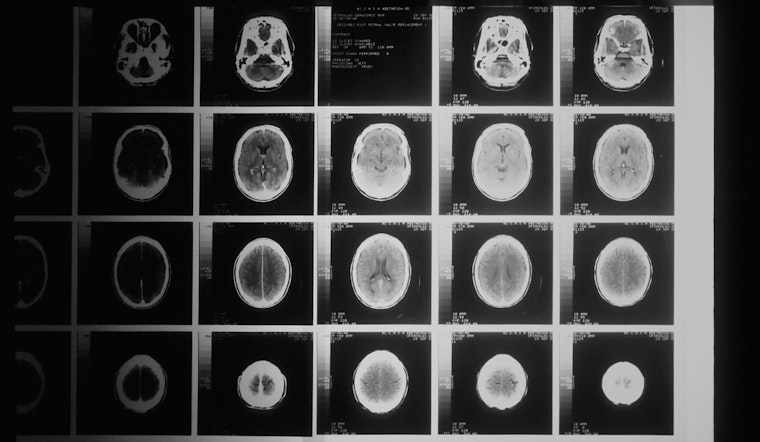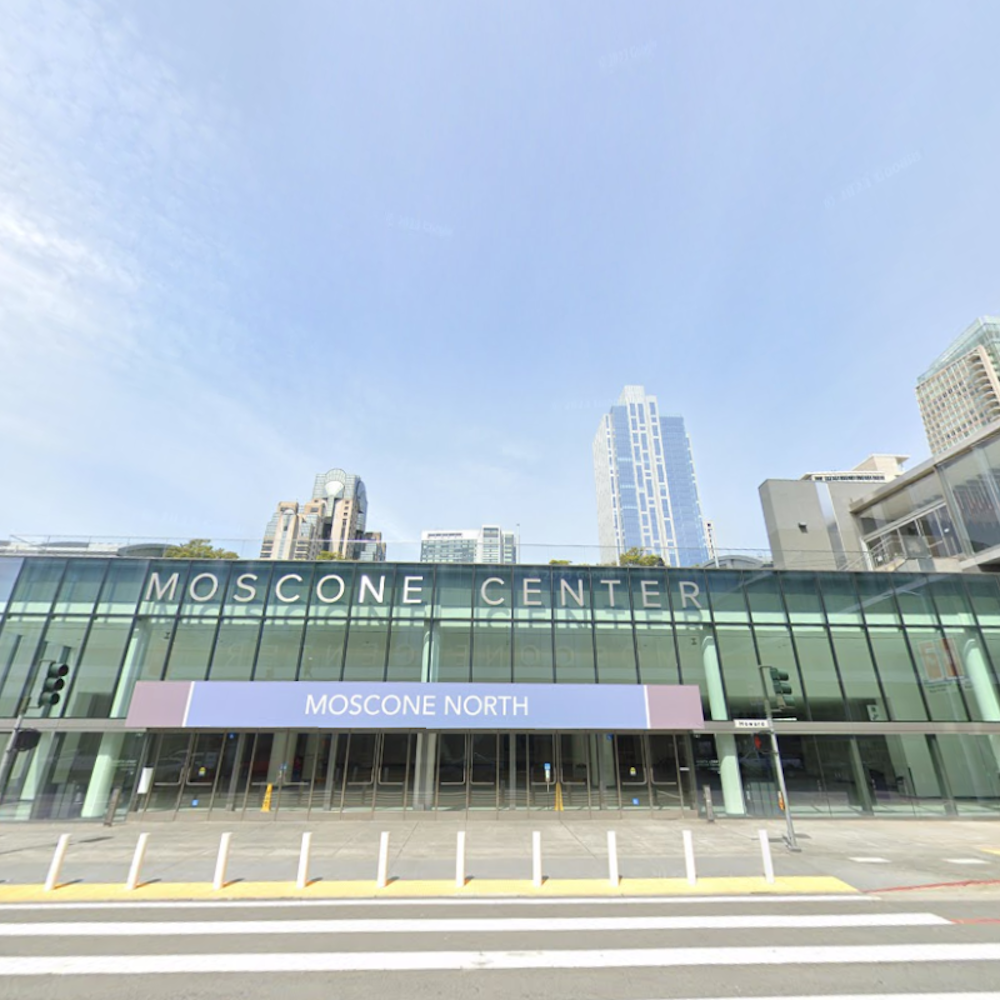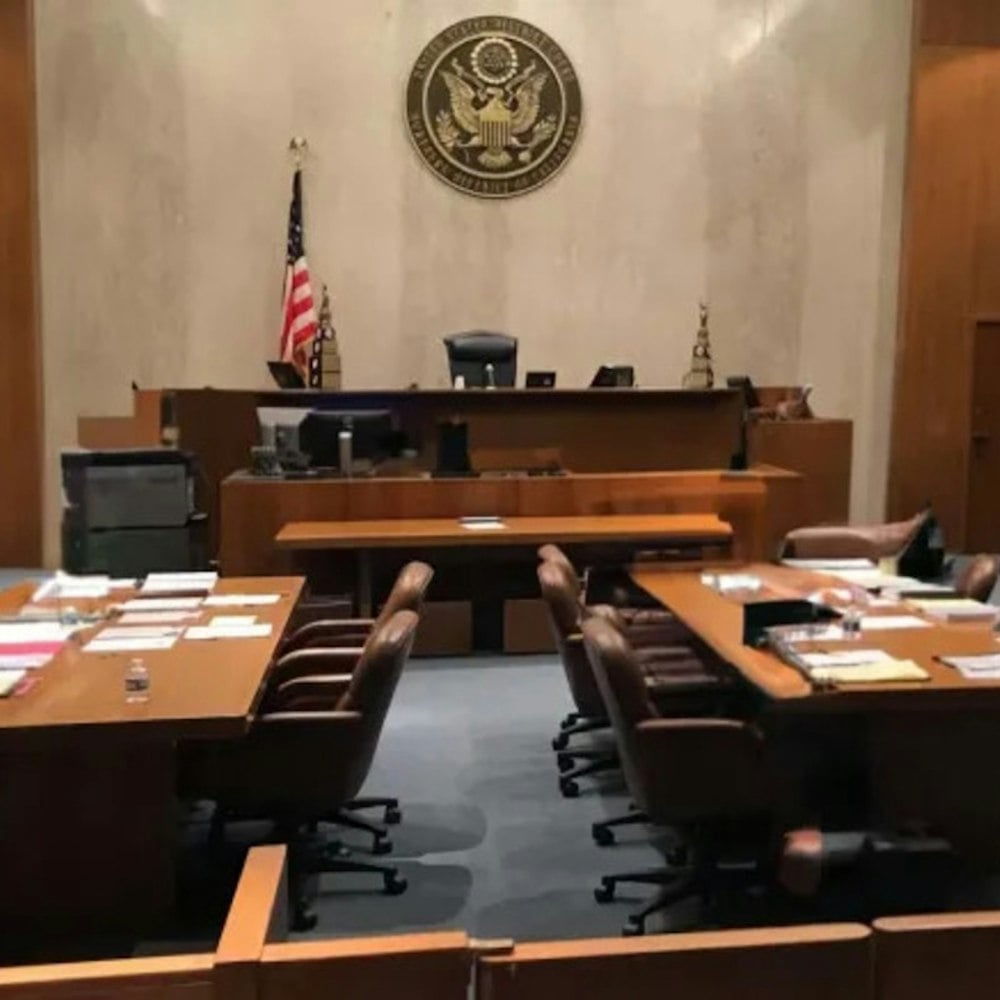
The financial toll of Alzheimer's disease is set to balloon to an eye-watering $360 billion in 2024, a $15 billion spike from just a year earlier, reports a new study by the Alzheimer's Association. As KXAN uncovers, the figure doesn't factor in the free labor courtesy of friends and family, who in Texas alone provided care worth a staggering $23.9 billion last year.
That fiscal pressure is paralleled by the emotional and physical strain on caregivers, many of whom are sounding the alarm over the herculean task of managing health care for those afflicted, a reality 66% said they find resources and support hard to come by, the same report illustrates, care coordination is a source of major stress for a whopping 70%, according to a Scripps News study; the dynamic grows increasingly complex with the disease's progression.
Given the multifaceted demands of Alzheimer's caregiving, Andrea Taurins of the Alzheimer’s Association Capital of Texas Chapter emphasized the need for structured navigation programs to aid caregivers through the health system's labyrinth, she explained in the special report highlighted by KXAN. Echoing Taurins' sentiments, Dan Goerke shared with Scripps News his ordeal, caring first for his wife and now for his brother, as he pointed out the exhaustive nature of tasks ranging from appointment scheduling to pharmaceutical management.
With nearly 7 million seniors nationwide grappling with Alzheimer's, the challenge extends far and wide; unpaid caregivers are already clocking in around 18.4 billion hours annually, the Alzheimer's Association spells out that is equivalent to about 31 hours each week for almost 11.5 million volunteers. To combat this issue, the Centers for Medicare and Medicaid are gearing up for the July 1 launch of the GUIDE Model, aiming to bolster the quality of life for dementia patients, alleviate caregiver burden, and support patients' ability to stay at home, a move detailed by Scripps News.
Goerke, who knows the steep toll of such caring first-hand, laid bare the brutal nature of Alzheimer’s impact in an interview with Scripps News, "This is a disease like no other," he confessed, "It is devastating in so many ways. [It’s] time and emotionally expensive. You just should not do this alone.” Such personal stories and the escalating costs underscore the urgency for enhanced support systems as America's aging population stares down an ever-mounting Alzheimer's crisis.









